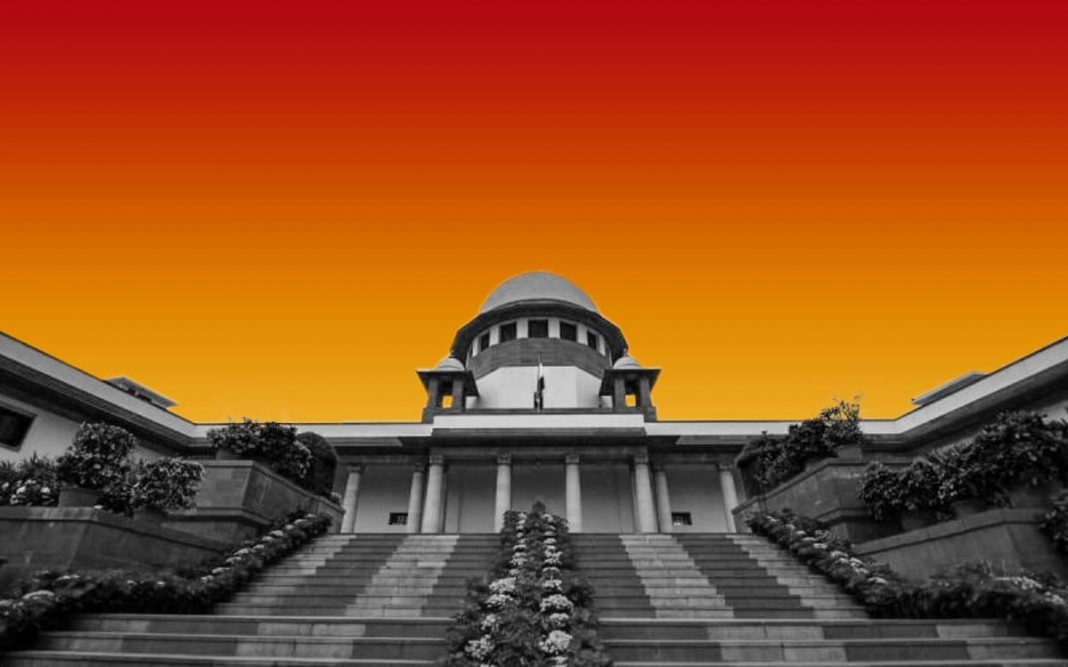The Centre has told the Supreme Court that the role of the Amicus Curiae is only to assist the Court, he/she cannot run or monitor investigating agencies like CBI during the hearing of a PIL regarding killings in fake encounters by police personnel and personnel in the uniform of the armed forces of the Union.
The Bench led by Justice N.V. Ramana was hearing the matter through video conferencing. The Court had appointed Senior Advocate Menaka Guruswamy as Amicus Curiae in the matter.
During the hearing on Wednesday, the Solicitor General Tushar Mehta has submitted that role of Amicus in the present matter has ended. She cannot run or monitor investigating agencies like CBI. He said that he has nothing personal against Menaka Guruswamy, but wants general guidelines to be evolved on role of the Amicus in all such matters.
The Court was hearing the PIL against fake encounters. The allegation made by the petitioners in the the present petitions was that 1,528 persons had been killed in fake encounters by police personnel and personnel in uniform of the armed forces of the Union. The Supreme Court on July 16, 2017, had directed the CBI to look into the issues of fake encounters or use of excessive or retaliatory force. Accordingly, the Director of the CBI was directed to nominate a group of five officers to go through the records of the cases mentioned in the order and to lodge the necessary FIRs and to complete the investigation into the same, the Apex Court had said.
The Court had also directed the State Government to abide by the directions issued by the NHRC in regard to compensation and other issues as may arise from time to time. The Court had noted, “if the people of our country are deprived of human rights or cannot have them enforced, democracy itself would be in peril.”
The Court had also noted that not all the States have Human Rights Commission and this is confirmed from the website of the NHRC. The Court had said that in its opinion as per the provisions of the Part III of the Constitution particularly the essence of Article 21 of the Constitution, it does require that every State has to constitute a State Human Rights Commission. But the Court was refrained to pass any direction with regard to that. It had noted, “We feel it imperative to bring it to the notice of all the State Governments that it would be but a small step in the protection of life and liberty of every person in our country if a State Human Rights Commission is constituted at the earliest.”
The Court had also directed the CBI to nominate a team and informed the Court about its nomination. The Court followed the view laid down by a Constitution Bench of the Supreme Court in Naga People’s Movement of Human Rights v. Union of India. The Constitution Bench had held that an allegation of use of excessive force or retaliatory force by uniformed personnel resulting in the death of any person necessitates a thorough inquiry into the incident. The Court was of opinion that even the “Dos and Don’ts” and the “Ten Commandments” of the Chief of Army Staff believe in this ethos and accept this principle.


